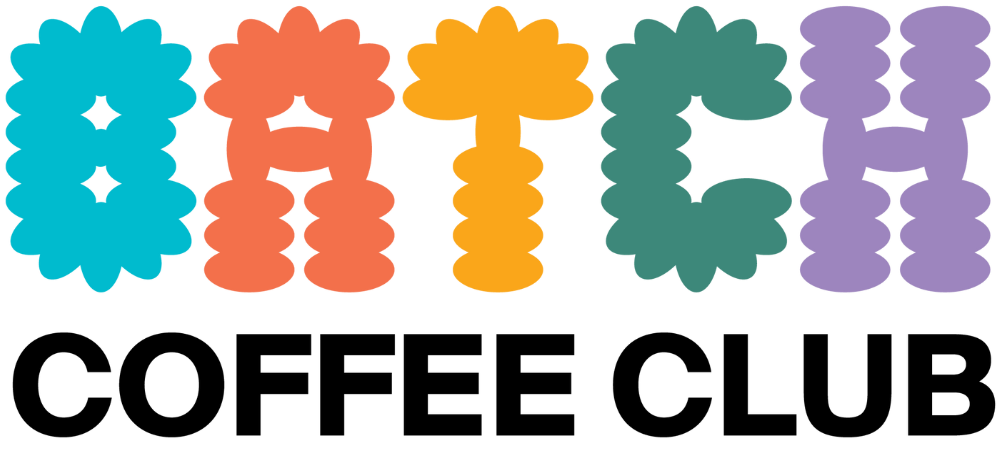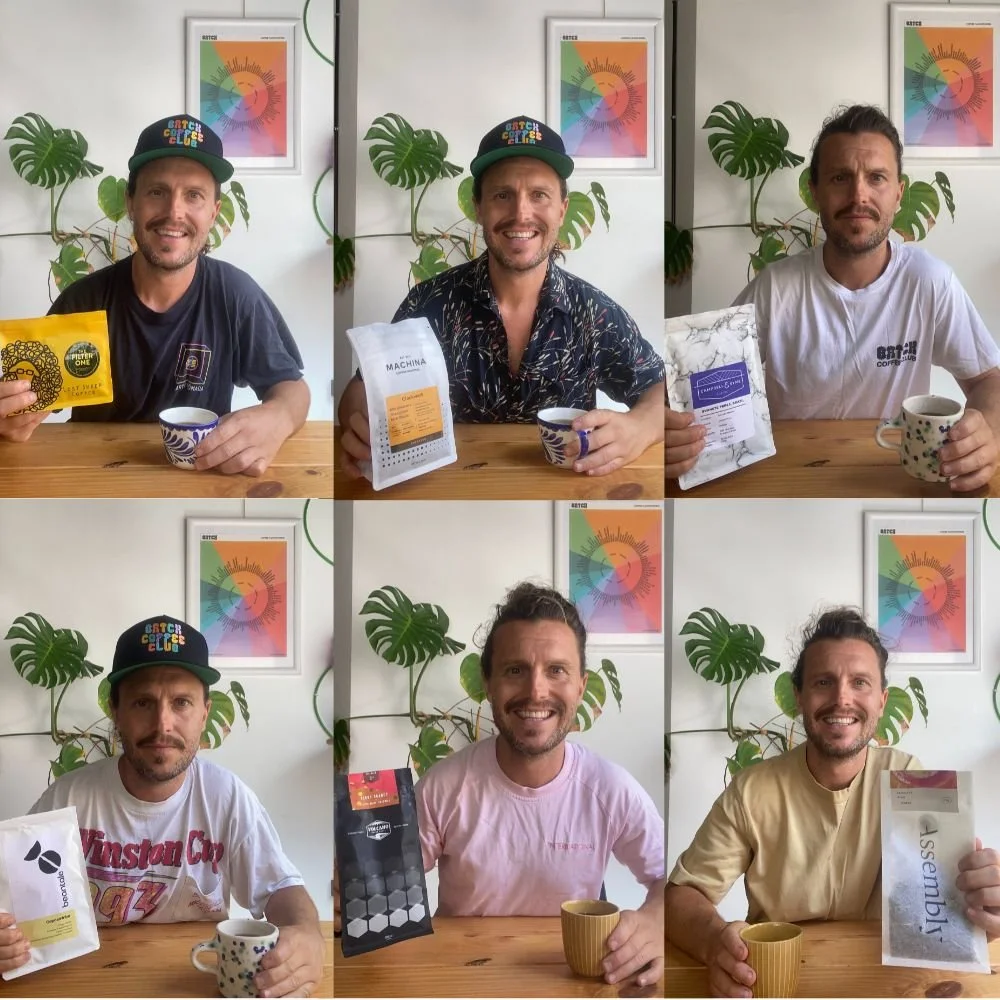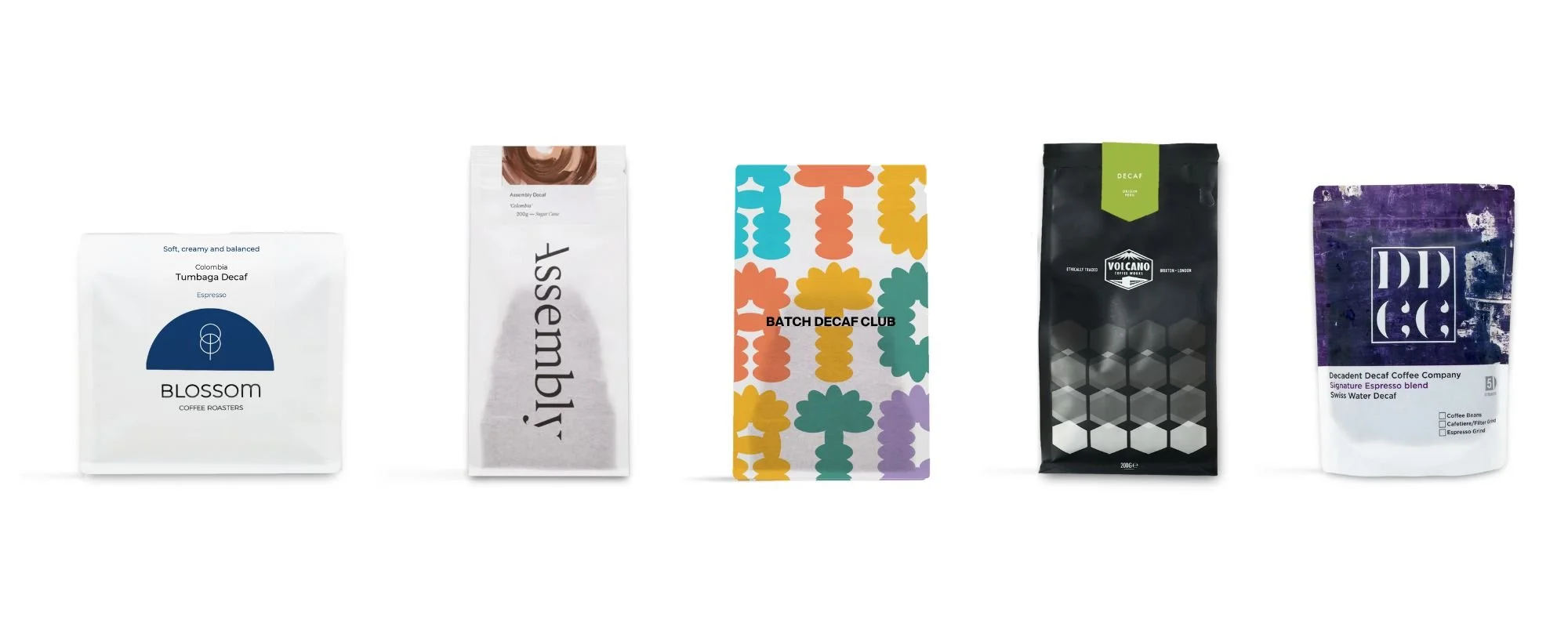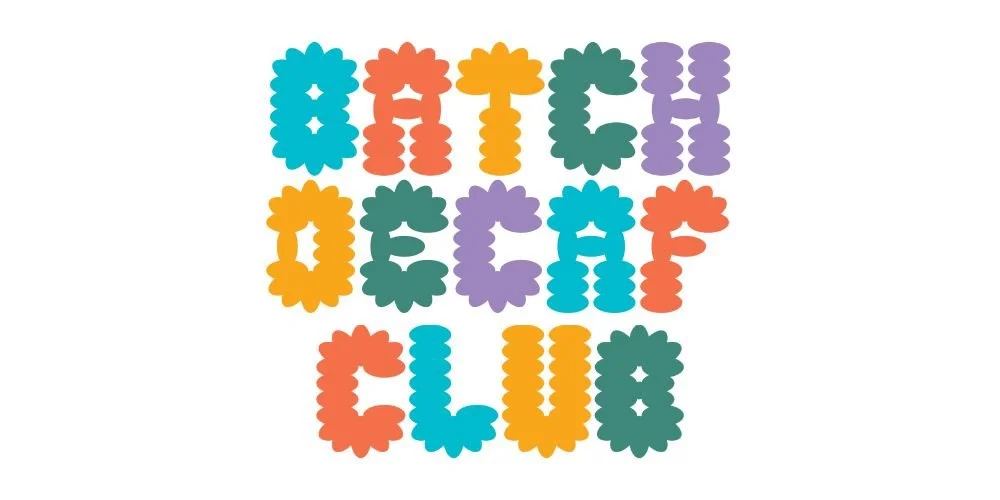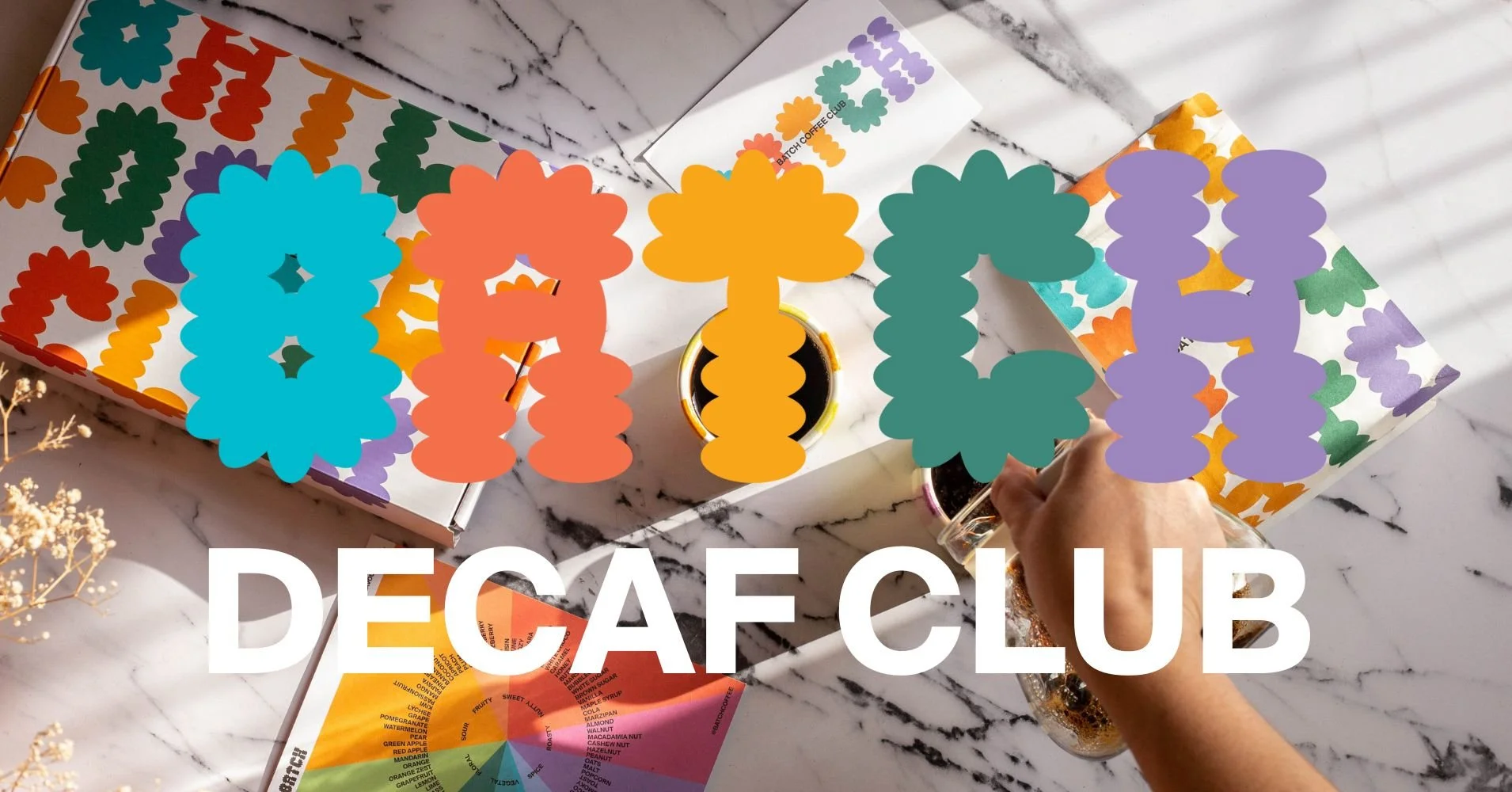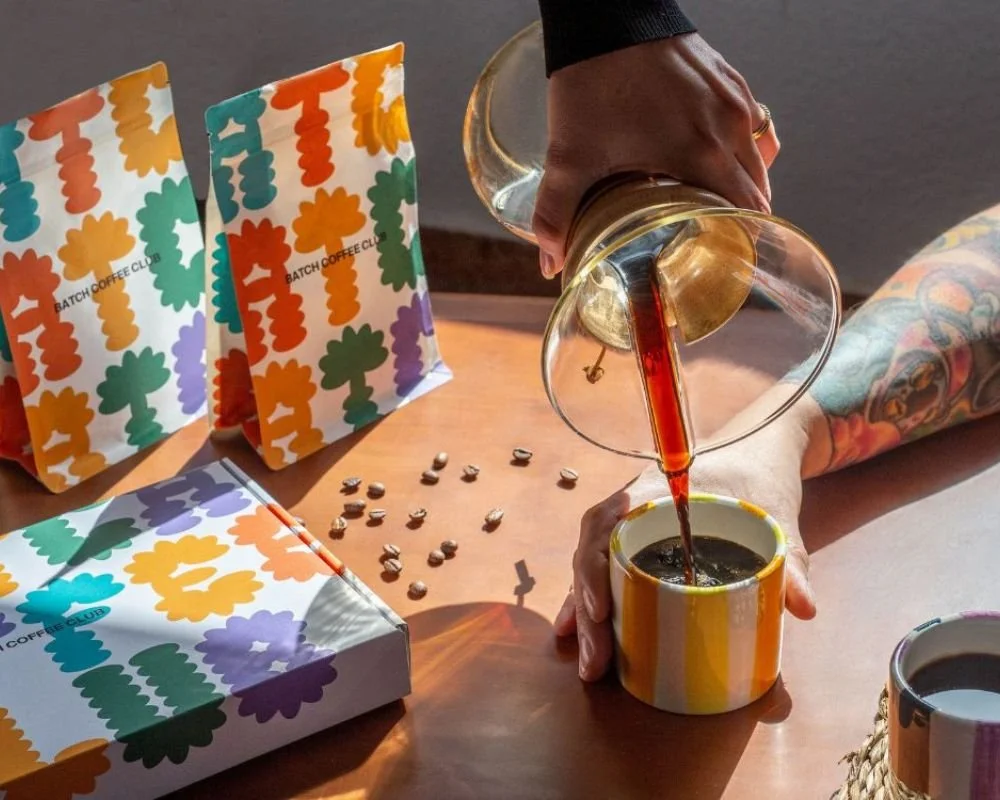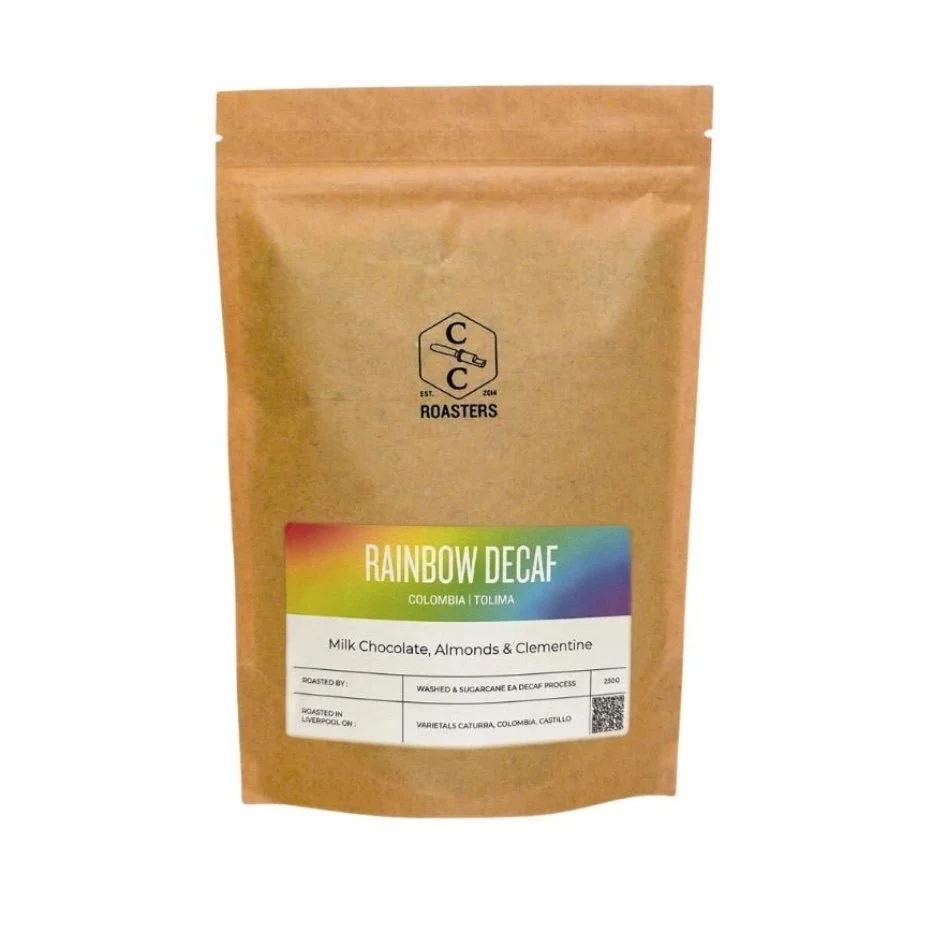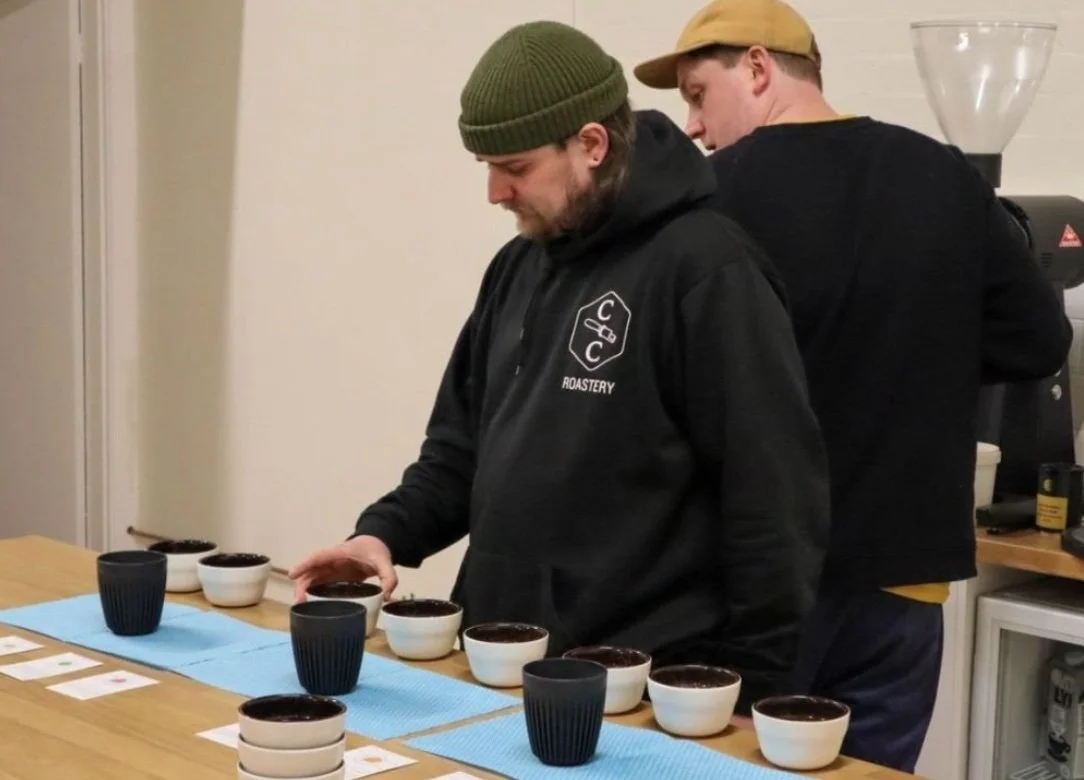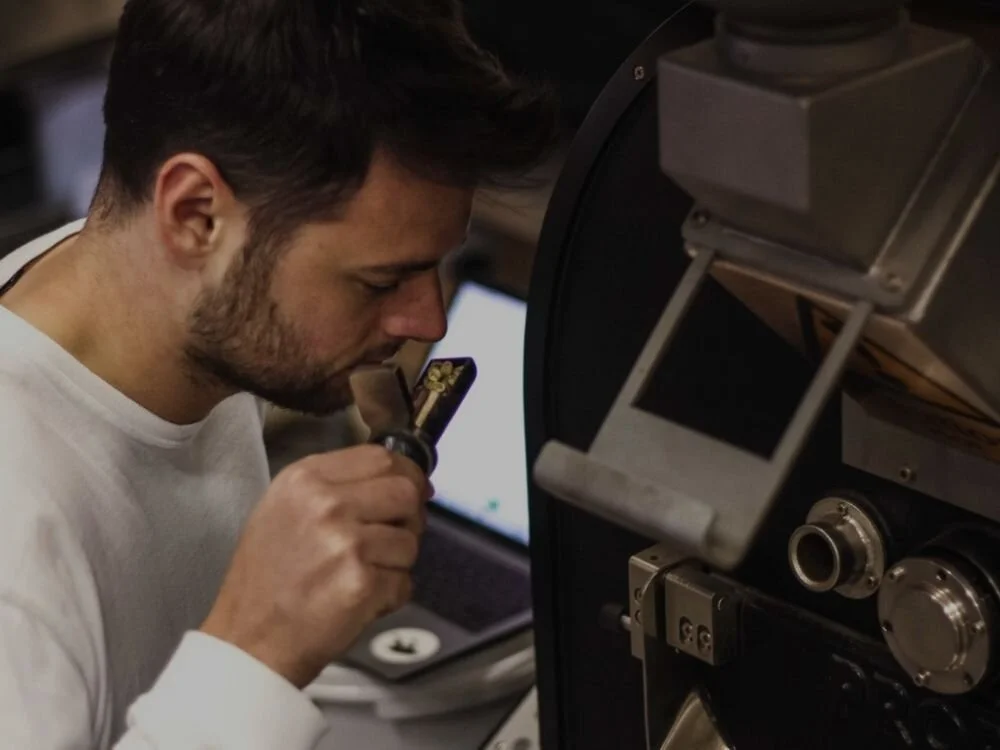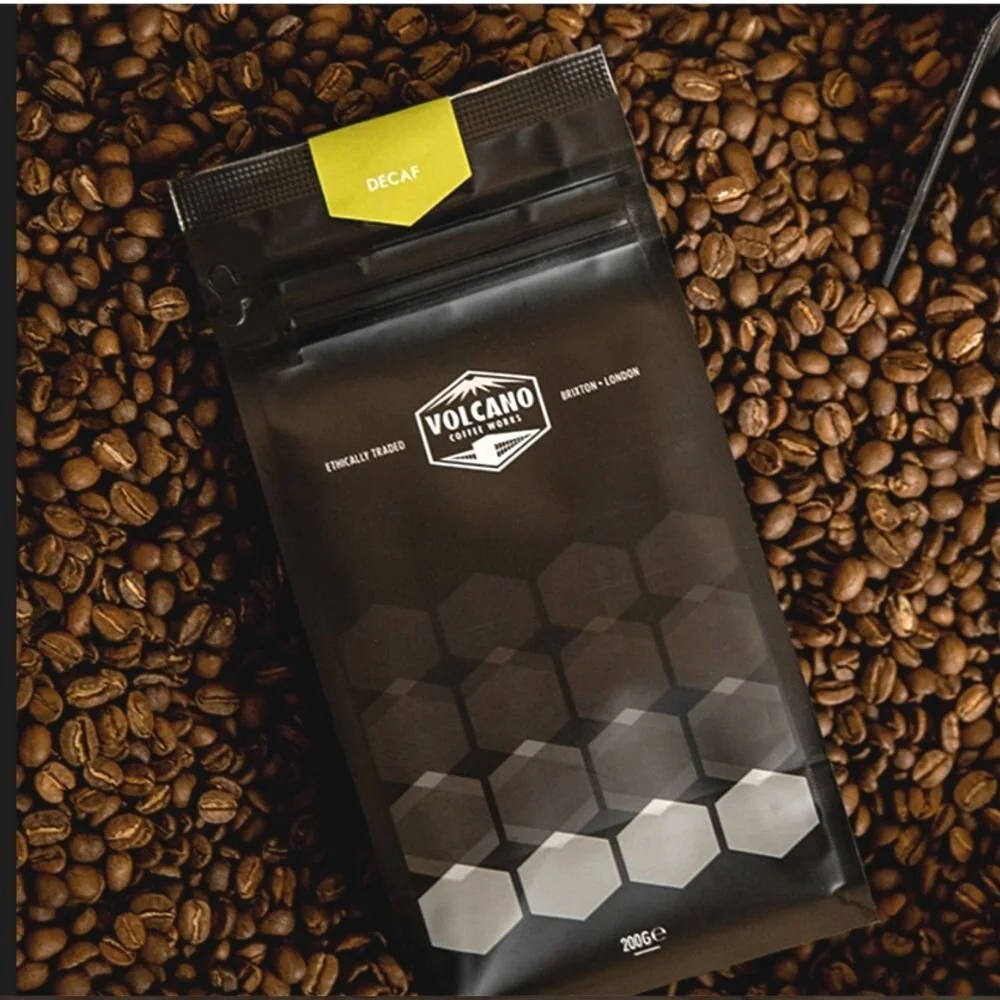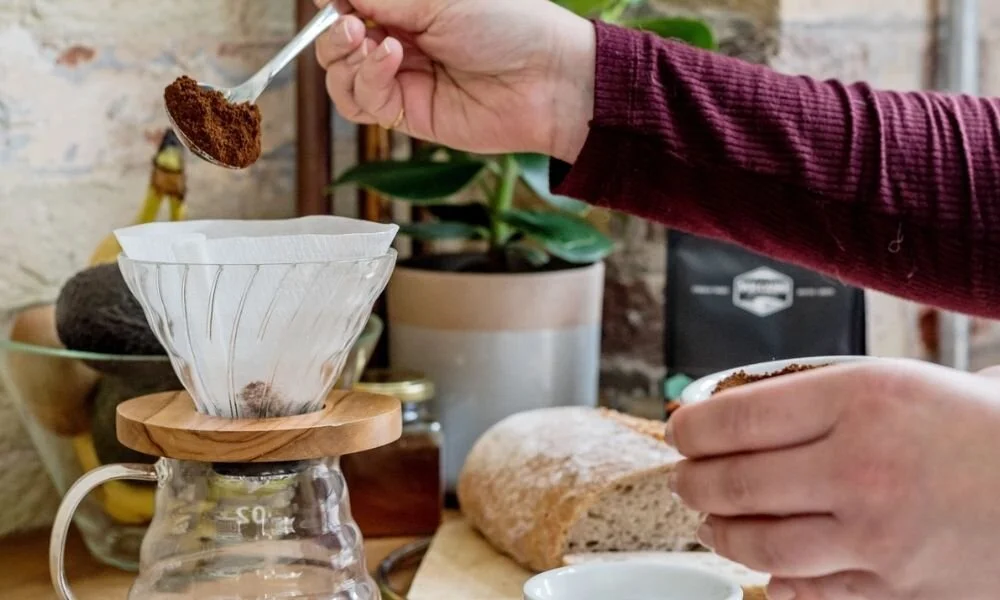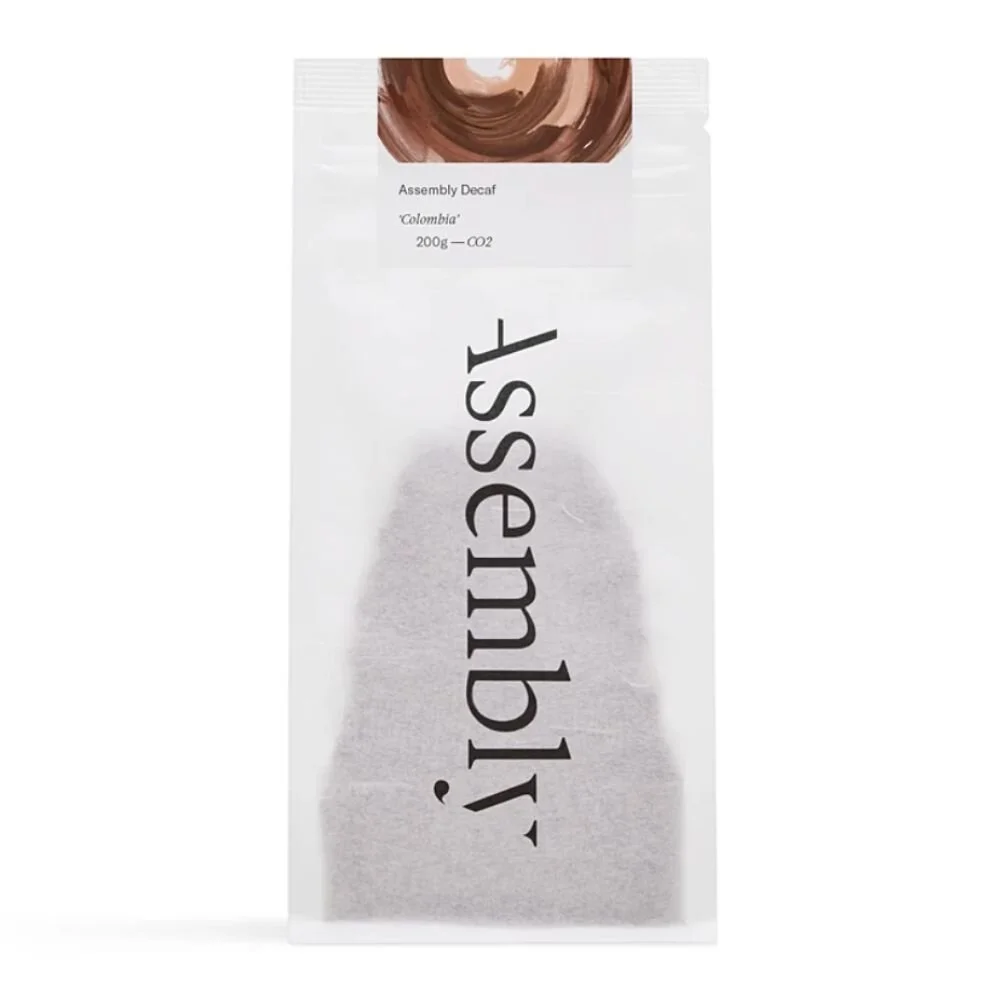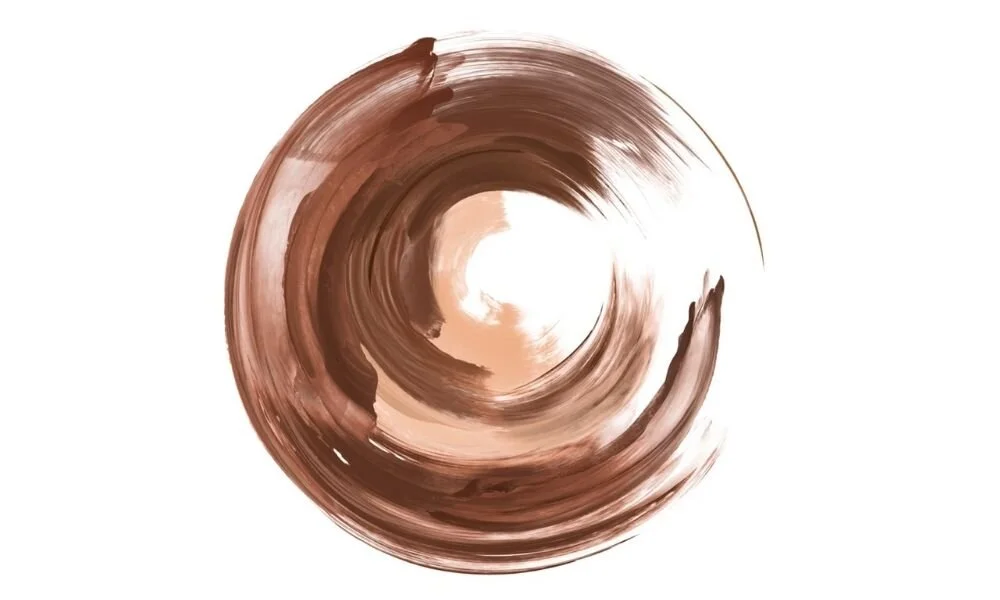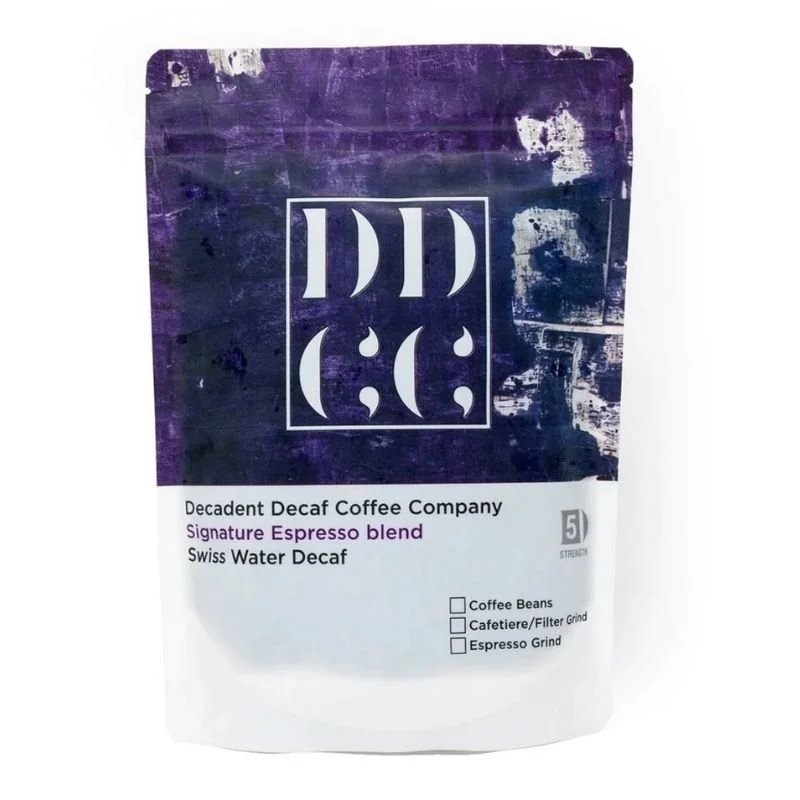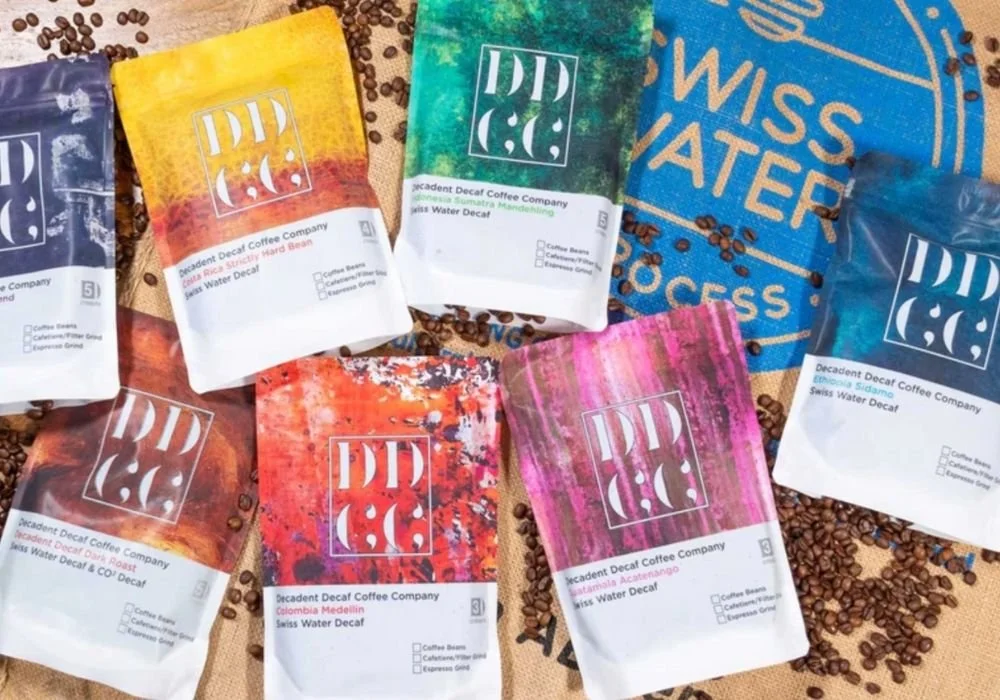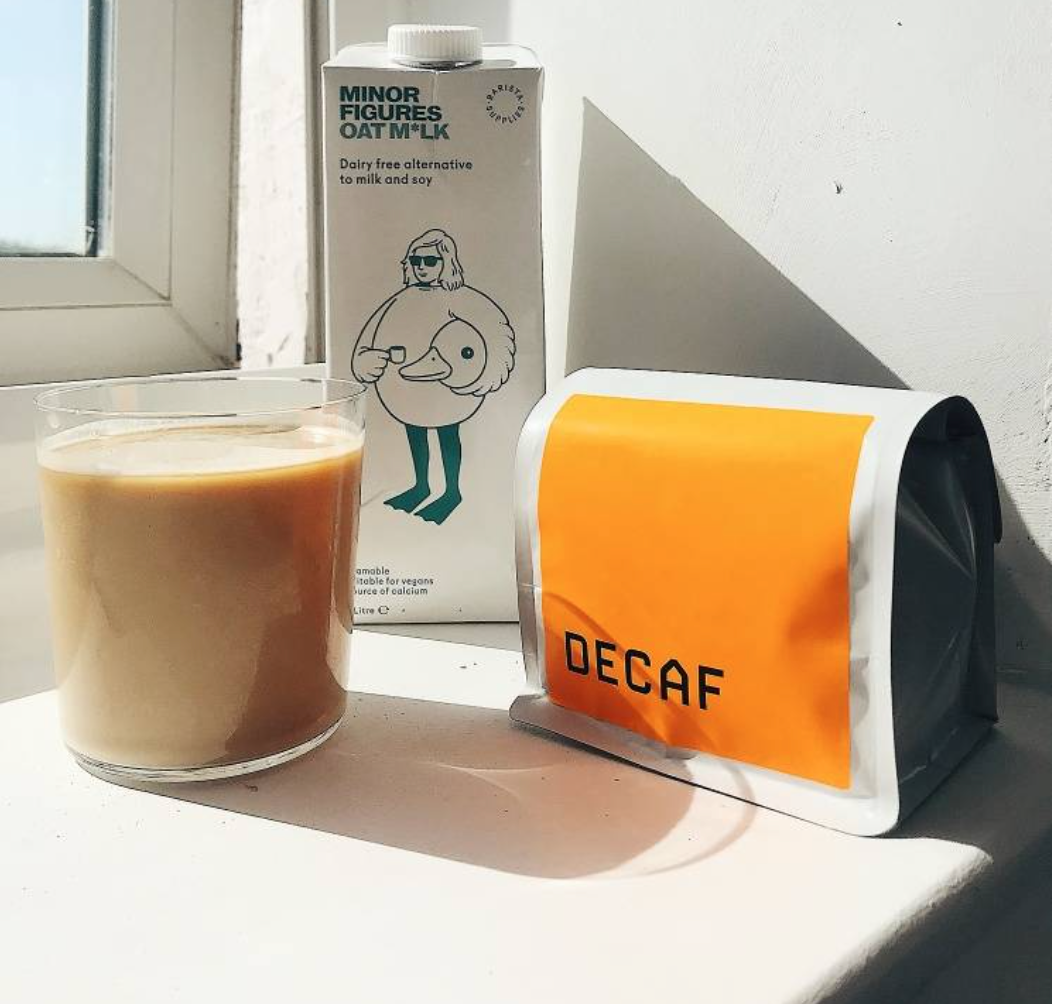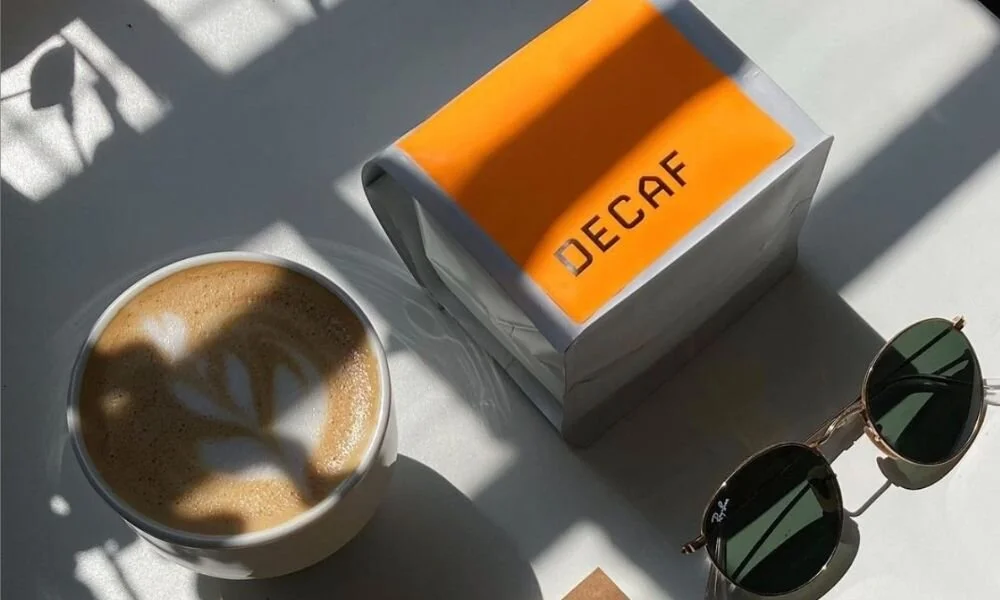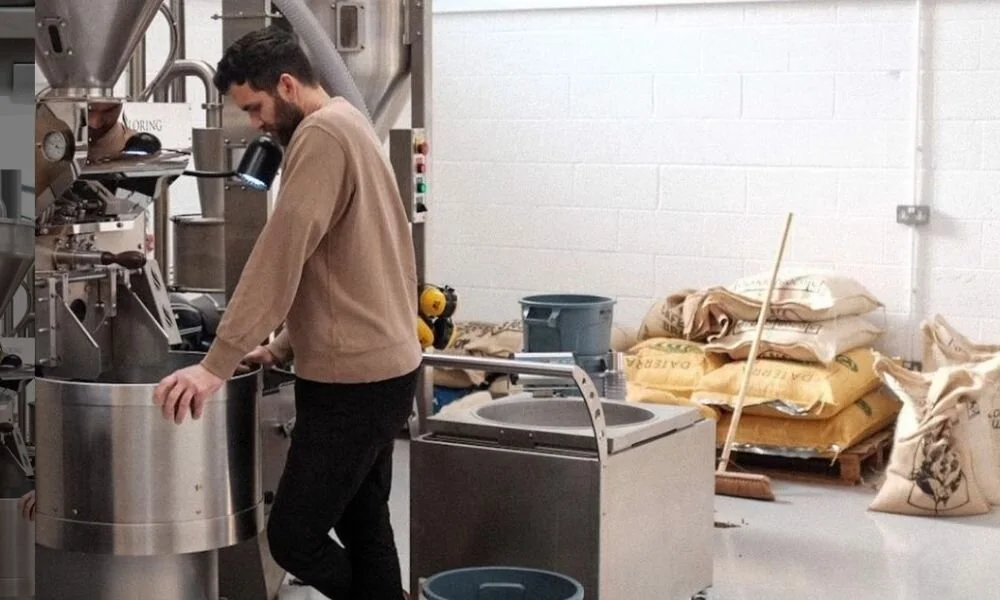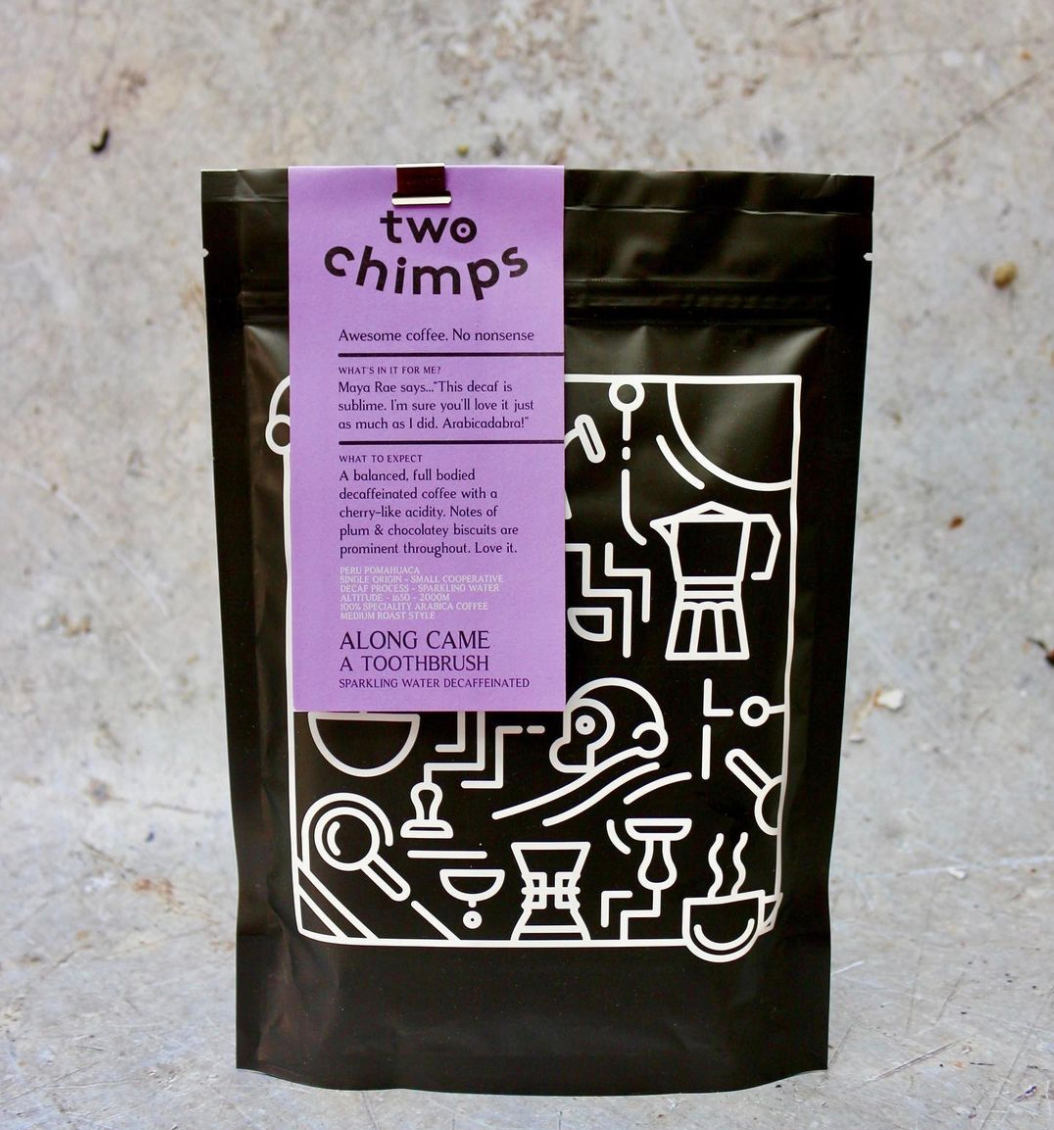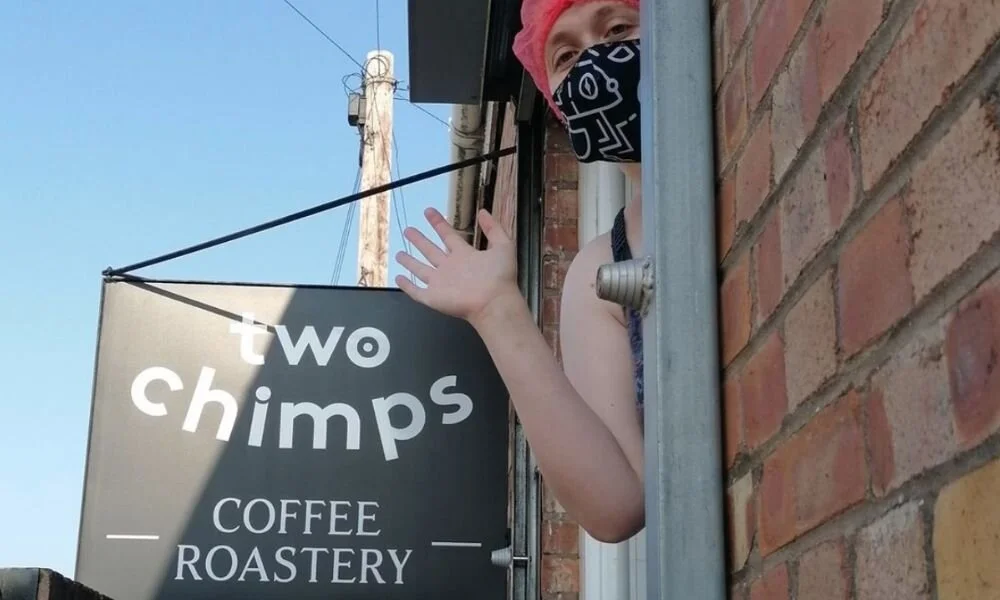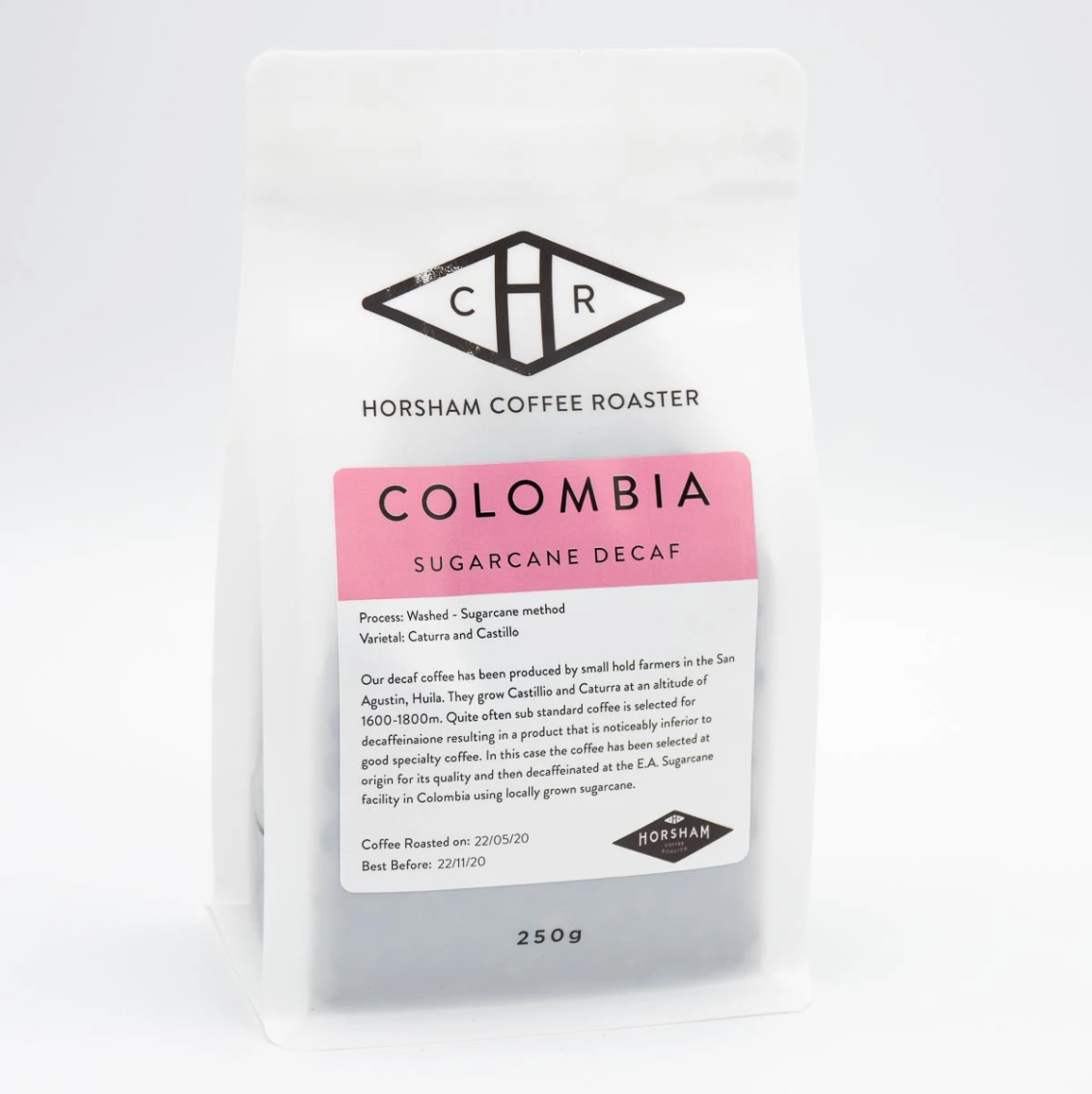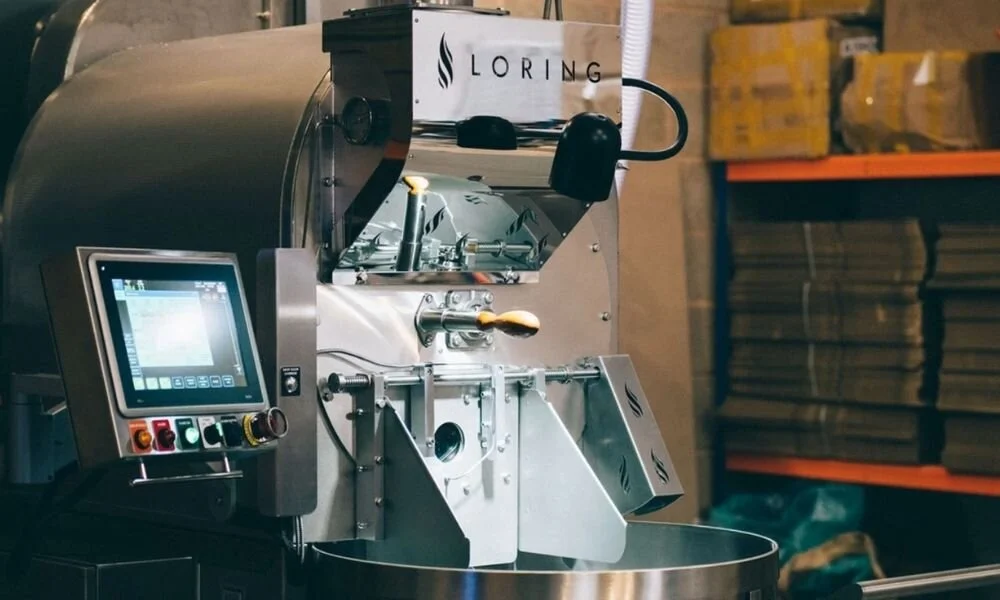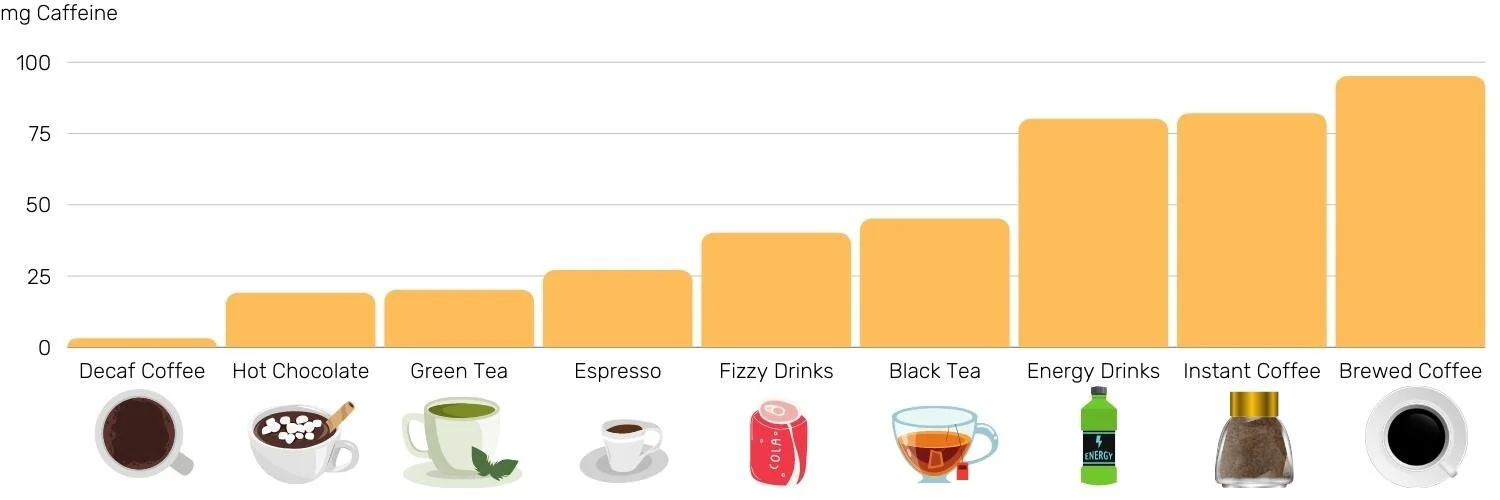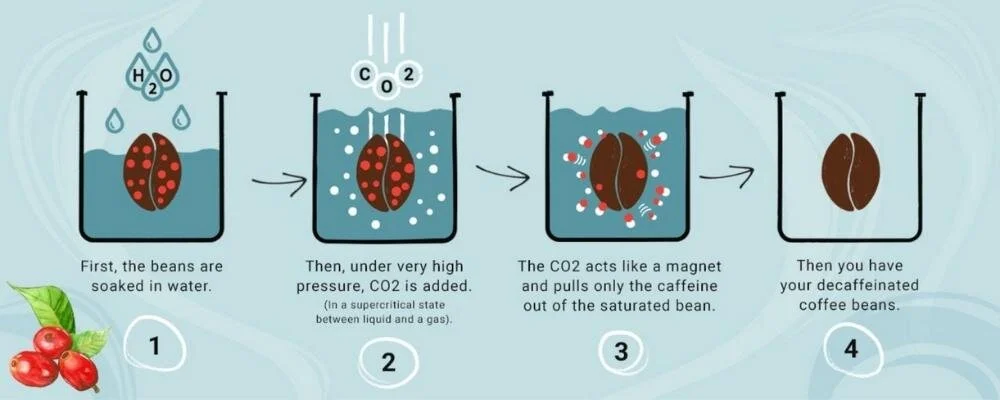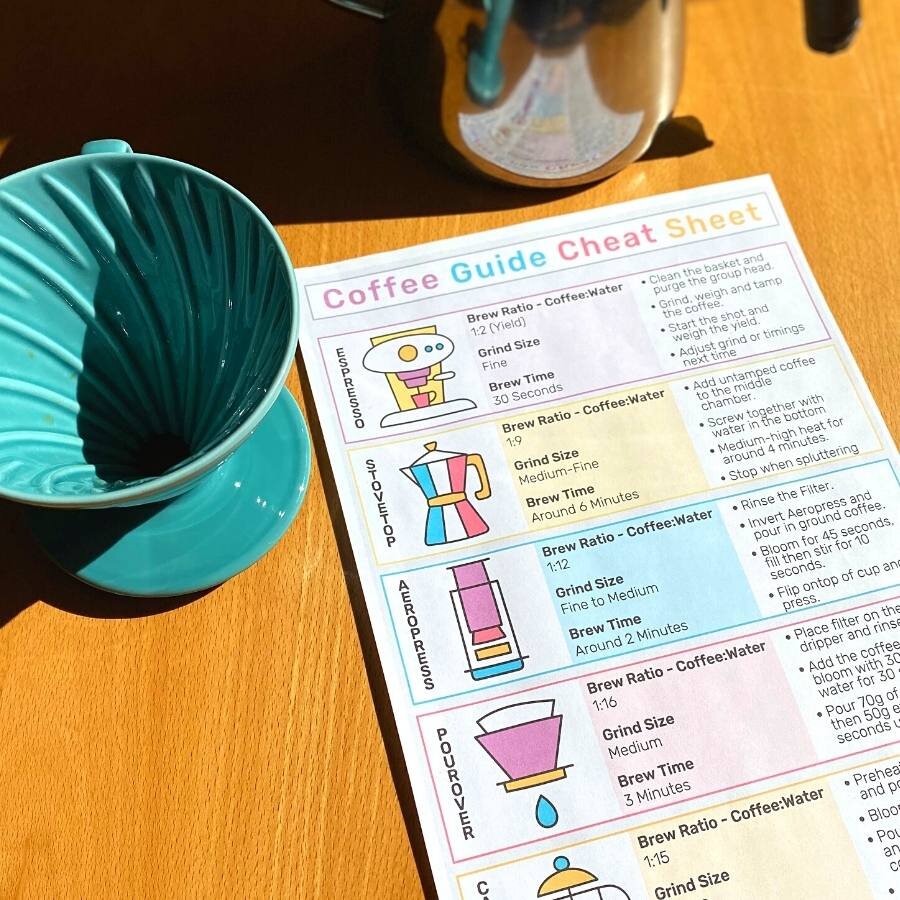The Best Decaf Coffee Beans UK 2024
I’m fully aware of the stigma behind decaf.
Similar to non-alcoholic drinks there has always been a decline in quality and flavour as the caffeine (or alcohol) content is reduced.
To be honest, I never used to drink decaf. Even as a barista in Sydney where the decaf coffee on offer was ten times better than the instant decaf my Mum used to drink I was never really that bothered.
Roll forward a few more years into my thirties, I found that coffee later in the day was affecting my sleep (maybe it was also because I was going to bed earlier than in my twenties).
Exposing decaf options ever since has opened my eyes to the incredible decaf that is available today, some better than the caffeinated stuff.
With advancements in the decaffeinating process and an increased demand for better decaf coffee, it is now possible to enjoy the complexities of a regular speciality coffee minus (the majority) of the caffeine.
With decaf coffee accounting for 12% of all coffee consumed in the world it’s amazing why processes that have minimal impact on the taste of the coffee have only just started taking off on a commercial scale.
I’m lucky enough to be sent some of the UK’s best decaf coffee to review and then potentially feature in our Batch Decaf Coffee Subscription.
We have been pairing decafs for our subscribers for over 2 years now so I’ve come across some awesome brands, here’s 10 of my favourites.
Why Trust Me?
I’m Tom and I have been working in the coffee industry for over 10 years, starting my journey as a barista in Australia, working on coffee farms in South America and roasting coffee in The UK. Today I review and write about speciality coffee. I am the founder of Batch Coffee Club, which showcases the very best coffee from around the world.
The Best Decaf Coffee UK
1. Batch Decaf Club
Batch Coffee is all about showcasing the best coffee in the world.
Batch decaf coffee club focuses on independently roasted decaf coffee of the highest quality that has been ethically sourced.
Specialty decaf coffee is becoming more and more popular but there is still a long way to go to build awareness that decaf can taste as good as it’s caffeinated cousin.
The Batch decaf coffee club pairs two specialty decaf coffees in each box so you can compare the flavours profiles side by side.
You will never receive the same coffee twice and the two coffees are from different origins and different independent coffee roasters.
You will find heaps of information about each coffee roaster and the specific coffee origin when you scan the QR code on each bag.
Learn more about Batch Decaf Coffee Club.
Pssssst… Use code DECAF50 for 50% off your first subscription box.
Recent Batch Decaf Club Features
2. Crosby Coffee
Crosby Coffee has been roasting coffee (and decaf) in Liverpool since 2014.
Their extensive expertise has allowed them to grow consistently and become a well-known coffee roaster in the UK.
By collaborating directly with farmers, they ensure that their passion for coffee production is mutual, with both parties aiming to create exceptional coffee.
Crosby Coffee takes pride in being a dependable partner, committed to offering fair prices and providing support.
We have featured their rainbow decaf in our decaf subscription box a while back and was a hit with our subscribers.
3. Elsewhere Coffee
Elsewhere are the eye-catching coffee roasters based in London.
They began their coffee journey as the in-house roastery for Social Espresso, an events company that delivers high-end coffee to conferences and exhibitions across Europe.
After proving popular they decided to dive into the retail coffee scene and make the coffee available to everyone.
Their unique branding is a symbol of the feeling you get when drinking coffee. A leap into the world of speciality coffee or an escape into another world whilst you sip some of their incredible coffee.
Read More About Elsewhere Decaf
4. Volcano Coffee Works
Kurt Stewart is the man behind Volcano coffee works which was founded in 2010.
Kurt grew up in coffee-mad New Zealand and created Volcano to bring the great tatsing coffee he had grown up with to the UK, while supporting the livelihoods of the communities who grow and produce it.
Volcano started life as a coffee cart that graced the streets of West Norwood but has now grown to a team of 30 passionate coffee people that operate out of their state of the art coffee roastery in Brixton.
The first batch of the day is always roasted by Kurt who is still the beating heart of the coffee business.
Volcano consistently produce some of the best coffee available in the UK at such a high volume.
The decaf option at Volcano is seasonal and always brimming with delicious flavour notes that you would expect from non-decaf coffee.
Check out our review of Volcano Coffee.
5. Assembly
Assembly are one of the most quality and customer focused coffee roasters in the UK.
They are one of the few coffee roasters in the UK that are pushing the boundaries of each aspect of their business.
The Assembly roastery is housed in a 19th century fire station in the heart of London.
The Loring roaster alongside a state of the art coffee sensory lab and a couple of event spaces to hold cuppings is a testament to how serious these guys take specialty coffee.
Launched in 2015 during the annual London coffee festival, Assembly are now showcasing their coffee on a global scale.
The decaf beans that Assembly showcase is always top draw. The flavours and complexities that are highlighted by the skilled coffee roasters here are parallel to their caffeinated counterparts.
Read More About Assembly Decaf Coffee
6. Decadent Decaf
Decadent Decaf was founded in 2015 by Guy, Richard, Greg and Laura.
4 UK coffee importing & roasting veterans sick of the poor decaf choice that was available and determined to do something about it.
Decadent Decaf roast only 7 decafs all year round - so there's no coffee waiting "on the shelf" - ensuring great tasting freshly roasted decaffeinated coffee that week direct from their little roastery a mile from the sea in West Sussex. Their wide variety is also available as one of the few purely decaf coffee subscriptions in the UK.
The decaffeination process called the Swiss Water Decaf Process gently removes the caffeine and leaves the coffee flavours in the bean.
At Swiss Water Decaf, they only use water, zero chemicals, to gently remove the caffeine until the coffee beans are 99.9% caffeine-free, whilst maintaining the bean's distinctive origin and flavour characteristics.
Decaf’s moment has come - Decadent Decaf wants to reinvent decaf beans and spread the word of great healthy delicious specialty decaf coffee!
If DDCC seem like the best decaf coffee UK to you. Visit Decadent Decaf’s Online Store
7. We Are Here
We are Here Coffee Roasters hail from Margate.
Their concept is definitely different from many of the other third-wave coffee roasters out there at the moment. They put it best themselves:
“to state the obvious WE LOVE COFFEE, like loads. but we're bored with all the doo-dars and chit-chat that comes with it why over-complicate a drink that you make when you're sleepy? it makes no sense.”
Theirs is some of the best decaf whole bean coffees around and they are one of the most popular roasters that featured in our UK coffee subscription.
Check out our review of We Are Here
If you’re up for trying some of We Are Here’s delicious decaf coffee Visit Their Online Store.
8. Blossom Coffee Roasters
Blossom coffee are a wonderful coffee roasting team from Manchester.
Their coffee quality is exceptional, as they source the finest green (raw) coffee from a select group of importers.
They roast the coffee to enhance its sweeter notes and emphasize the intriguing complexities and natural characteristics inherent in many specialty coffees.
The decaf espresso blend that they showcase is perfect for those who like a milky coffee at weekends perfectly extracted out of their Sage coffee machine.
Check out our review of Blossom
If you would like to try some of their brilliant decaf espresso beans Visit Blossom’s Online Shop.
9. Two Chimps
Two Chimps Coffee is a specialty coffee roastery located in Oakham, Rutland, UK.
The name reflects their relaxed and fun-loving approach to their craft.
Their mission is to bridge the gap between pod machine coffee drinkers and specialty coffee enthusiasts by delivering fresh, hand-roasted decaf specialty coffee directly to your doorstep.
Their seasonal Decaf beans are always carefully roasted and packed full of flavour.
Check out our review of Two Chimps
Or buy a bag directly from Two Chimps’ Online Shop.
10. Horsham Coffee Roasters
Horsham Coffee Roasters are based in Sussex, UK.
Back in 2012, there were a fraction of the speciality coffee roasters there are today.
With their 1kg roaster in their garage, Horsham wanted to showcase the amazing results they were able to achieve on their small-batch roaster.
They have come a considerable way from the garage back in 2012, although they are still a small team their drive and focus is still the same.
They regularly have a couple of delicious decaf options available for you to purchase online alongside their huge range of speciality coffees and coffee club.
Check out our review of Horsham
Or buy some decaf coffee beans directly from Horsham Coffee Roaster’s Online Shop.
What is decaf coffee?
Minus a few whispers in the speciality coffee industry of caffeine-free coffee plants which have apparently been engineered, all decaf coffee beans starts its life as a regular caffeine-rich coffee plant.
The coffee cherries are picked and processed (hulled, fermented, dried, and whatever variations in between).
Instead of now getting sent to coffee roasters across the world, they are exported to a decaf processing unit where via one of four methods (explained below) most of the caffeine is removed.
To class as decaf coffee, there must be at least 97% of the original caffeine removed. This means that there is still a small amount of caffeine in coffee that has been decaffeinated, so if you’re the sort to drink coffee in pints you may feel a slight tingle on your 5th.
The decaffeinated green coffee is then sent to coffee roasters throughout the world.
How is Decaf Made?
Caffeine-free coffee was invented in 1903 by a German coffee merchant Ludwig Roselius.
He noticed that a crate of coffee that had accidentally been soaked in water apparently lost its caffeine content while still retaining its flavours.
A commercial process was developed ad later patented where the caffeine was removed via steaming the coffee with various acids and bases then using benzene as a solvent to remove the caffeine.
This was the recognised procedure to remove the mg of caffeine in coffee for many years, however, the process damaged the raw coffee and makes accurate roasting extremely hard.
Benzene has also been proved to be carcinogenic recently so has now been replaced with various organic solvents.
The 4 Main Decaf Methods
Direct-solvent process
Indirect-solvent process
Carbon dioxide process
Swiss water process
1. Direct Solvent Process
This is the process highlighted above that was first invented by Ludwig Roselius in the early 20th century.
It was the first method and most widely used for many years.
Coffee is firstly steamed to open the pores of the coffee bean, it is then soaked with an organic solvent which unites with the caffeine inside the coffee.
This process takes place a number of times until the caffeine content is 97% less than the original coffee.
The beans are then steamed again to remove any solvent residue, dried and sold to decaf coffee roasters.
This process has been a source for scrutiny over the last 40 or 50 years because of the chemicals used in the procedure and their links to health problems like cancer and heart disease.
2. Indirect-Solvent Method
The indirect-solvent method is a take on the solvent method but invented around 40 years later.
First of all the green coffee is steamed and soaked in nearly boiling hot water for several hours. This draws out flavours and oils from the beans while also extracting the caffeine.
The green beans are then removed from the liquid and various chemicals and solvents are used to remove the caffeine from the brew.
The green coffee is then exposed to the caffeine free liquid and all the oils and flavours are reintroduced into the coffee.
3. Swiss Water Process
This is the technique that you will see across many independent speciality coffee outlets.
The Procedure uses only water and is less invasive than other techniques which result in a higher quality green bean with a higher percentage of its original flavours intact.
The whole process however is a little more labour intensive and expensive, so you will see a higher price tag on this type of decaffeination.
The first step of the process is similar to the indirect method, the green coffee beans are soaked in hot water causing the beans to release their caffeine and solids into the water.
The caffeine is then removed from the solution using an activated carbon filter, resulting in a solution called GCE (Green coffee extract).
Regular caffeine rich coffee is then introduced into the GCE and the resulting difference in caffeine gradient means the caffeine from the beans migrate into the GCE.
The caffeine is then removed from the GCE and the process is repeated until the overall percentage of caffeine in the green beans is less than 3% of the original.
4. CO2 Method
This method involves streaming the green beans and then adding them to a high pressure vessel for about 10 hours which extracts the caffeine. When the pressure is reduced the CO2 escapes through evaporation, water (referred to as the sparkling water technique) or via activated carbon filters.
Photo: Traid Craft Shop
Caffeine is removed from the CO2 which can then be used again.
Is there 100% decaf?
There is no completely decaffeinated coffee. The decaffeination process eliminates the caffeine via various techniques, each time the raw coffee is subjected to the particular process more caffeine is removed, to be classed as decaf a minimum % of the caffeine has to be removed from the bean.
Although there is no such thing as 100% caffeine free coffee on the market, there are some pretty innovative heads out there so watch this space.
What are the benefits of decaf?
Decaf coffee has many benefits.
First of all, it obviously doesn’t contain caffeine which means for those who are intolerant or can’t handle a great deal of caffeine a great alternative hot beverage.
Decaf also contains all the vitamins and antioxidants that regular coffee contains plus with the added benefit of reduced acidity which may alter the overall complexity of certain coffees can also prove to be a drink that people can drink that have stomach upsets with the regular stuff.
Is decaf bad for you?
No - not really.
Decaf coffee beans contain all of the healthy anti oxidants and vitamins that regular coffee contains minus the majority of the caffeine so it can be a healthy drink for most people and particularly those who are effected by caffeine or acidic drinks.
There has always been stigma surrounding the processes in which caffeine is extracted from coffee beans and whether the chemicals used to do so are harmful.
If you suffer with certain health problems around acidic food then decaf may be a less acidic option.
Today, the processes that use chemicals to directly extract caffeine from coffee (of which there is 1 process out of 4), use organic solvents and chemicals as opposed to the previously used ones linked to certain health issues.
How much caffeine is in decaf?
There is always a small amount of caffeine in decaf coffee beans.
The various methods that are used to extract the decaf never remove 100% of it.
For coffee to be sold as decaf it must contain 97% less than the original caffeine content of the coffee bean.
Considering different coffee beans have various caffeine content then for example if you are used to drinking a caffeine rich robusta coffee and you then drink a decaf arabica coffee (which typically have less caffeine than robusta) then the caffeine in your decaf will be minuscule to what you are used to.
On the contrary if you have a zero caffeine diet then drinking a lot of decaf may still have a small effect on you.
What’s the recommended daily intake of caffeine?
The recommended daily intake of caffeine for your average human is 400mg If your caffeinated beverage of choice is coffee (which as you’re all the way down here on this decaf coffee blog I’m guessing it is) then that amount of caffeine equals 2 cups of coffee.
While many other caffeinated drinks (particularly the ones that make you fly) are packed full of sugars and E numbers, coffee on the other hand has a whole lot of goodness packed in.
Did you know that 3 cups of coffee per day can reduce the risk of cardiovascular disease, lowers the risk of type 2 diabetes and is full of antioxidants.
What is the difference between decaf and normal coffee?
Decaf coffee starts its life exactly the same as regular coffee and is processed at origin exactly the same as how regular coffee gets processed.
The difference is in between the origin and the roaster, decaf coffee will undergo certain processes in facilities designed to extract the caffeine from coffee beans.
The resulting caffeine-less green coffee is then roasted in consuming countries.
Is decaf acidic?
Decaff coffee beans tend not to be acidic and can be an alternative drink to regular coffee for those who struggle with stomach problems.
The process that extract the caffeine from the coffee removes certain acidic solubles as well as caffeine which also adds to a regular coffees acidity.
Can I drink decaf while pregnant?
“There are no official guidelines on decaffeinated coffee and pregnancy. Nonetheless, due to the very low amounts of caffeine in decaf coffee, it's most likely safe to drink in moderation during pregnancy.” -Healthline
Where can I buy decaf beans?
Decaf coffee can be purchased from most supermarkets in the form of instant or pre-ground coffee. Although these options are tempting from a price point of view, you will probably be sacrificing taste, quality and the environmental and social sustainability issues that commodity grade coffee poses.
If you’re willing to part with a few extra pennies then head to your local decaf coffee roaster and purchase decaff coffee beans from them. You will be able to find speciality decaf coffee in most independent cafe’s, shops or roasters which will rival the taste or regular coffee.
How to make a decaf coffee?
Use decaf coffee as you would use regular coffee. If you prepare your coffee with a cafetiere, then buy pre-ground decaf coffee for cafetiere or grind the beans for a cafetiere. Use decaf coffee as you would for any coffee filter method from espresso to pour-over coffee.
Which Decaf is best?
At Batch coffee we would always recommend purchasing your coffee either as whole beans to grind at home or pre-ground coffee.
That said, there is obviously a place for instant coffee in the increasingly busy lives we lead. We would recommend opting for a smaller independent coffee brand that takes quality and sustainability seriously.
